The 20 Most Commonly Used Cloud Apps Inside The Enterprise
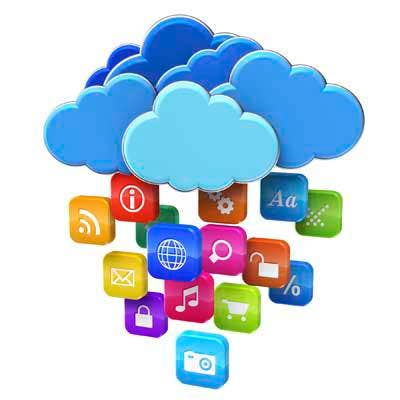
Cloud App Popularity Contest
Netskope's business is to identify the cloud-based apps being run by businesses, analyze their usage and implement policy controls.
The Netskope Active Platform that monitors its customers' Software-as-a-Service usage has yielded data revealing what apps -- both sanctioned and in the realm of Shadow IT -- it sees accessed most often from behind company firewalls.
The data reveals that more than 90 percent of those cloud apps are simply not enterprise-ready, lacking security, audit and certification, SLA, legal conditions and other prerequisites.
At the same time, based on the rise in usage from last year of Office 365 Outlook and OneDrive for Business, Netskope concludes: "We believe that, beyond rapid adoption of the suite, the dramatic growth is owed to enterprise IT directing users to corporate-sanctioned apps via policy and user coaching."
Here's a look at the 20 most commonly used cloud apps inside the enterprise.
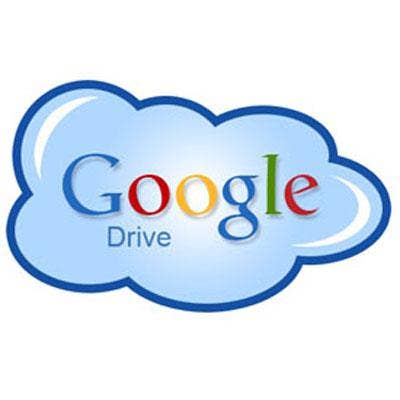
Google Drive
Google's online storage and synchronization solution is the most widely used cloud app inside enterprises running the Netskope Active Platform.
Google Drive offers a sleek, streamlined service that seamlessly integrates across Google's cloud platform. The storage solution also enables collaborative editing of all types of documents. Employees are using it at work, whether permitted by company policy or not.
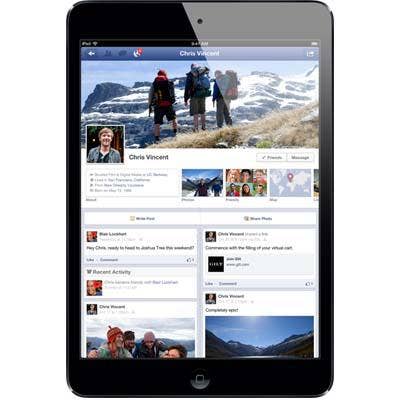
Facebook isn't only for sharing vacation pics, cat videos and workout updates.
With its world-beating base of users and agile app development tools, Facebook allows big businesses to reach directly into the lives of their customers. It's also probably the most popular destination for bored employees.
The social networking juggernaut is the second-most-common cloud app you'll find running behind the enterprise firewall, according to Netskope.
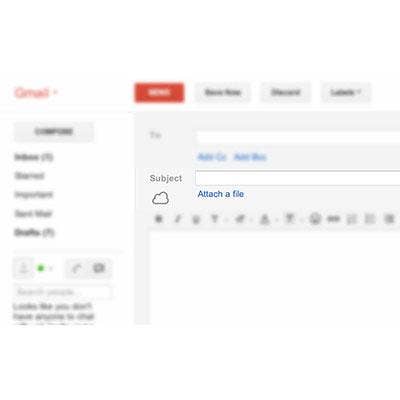
Google Gmail
Google makes its second appearance in the Top 3 with Gmail, its enormously popular Web-based mail service.
When it launched, Gmail changed the game with its user-friendly interface, generous storage allotment and (some would say intrusive) advertising-supported model. As a key component of the Google Apps suite of SaaS tools, Gmail also seamlessly integrates with other Google products, paving a path for customers into the search giant's emerging cloud.
Whether users logging in at the office are using personal accounts or engaging in company business is another story.

Effectively getting your message out is essential for big business these days. The pithy platform that has revolutionized how we talk to each other, and some say how we think, is the most direct line of communication to your customers, partners, shareholders, fans and critics. These days, if a product announcement can't be expressed in 140 characters, it often isn't expressed at all.
Netskope's monitoring of its customers' cloud activity reveals that Twitter is the fourth-most-popular app running inside the enterprise.

YouTube
Again, it's all about controlling the look, feel and connotation of the message.
And what platform is better than YouTube for releasing highly produced, socially accessible, broadcaster-independent, could-go-viral content. There's also that bored employee angle again that probably accounts for much of the YouTube traffic Netskope is seeing.
The online video powerhouse places another Google property in the Top 5 of Netskope's list of most popular cloud apps in the enterprise.
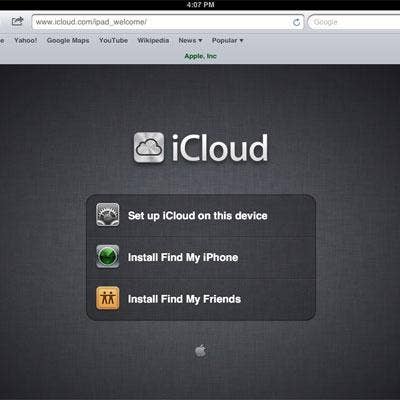
iCloud
Apple's backup and storage cloud is the second-most-widely adopted storage solution out there among enterprises, just trailing Google Drive in popularity, according to Netskope.
Apple's got 320 million users sharing photos, music and business documents, while backing up all those beloved Apple devices. They're not just doing that at home.
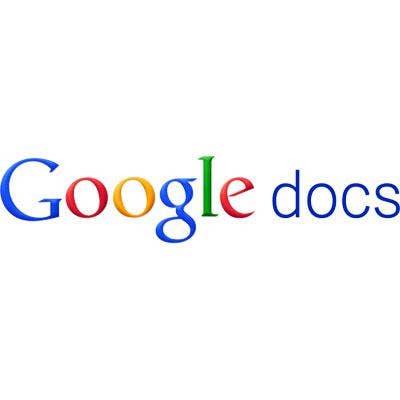
Google Docs
Google's suite of productivity apps -- a word processor, spreadsheet, slideshow presenter and survey tool -- have made the Internet giant that was once focused almost exclusively on the consumer into an emerging force in the business world.
As Google Cloud Platform continues to gain market share, Docs increasingly becomes the tool set used by office workers. Netskope sees no other online productivity app as widely accessed in enterprise environments.
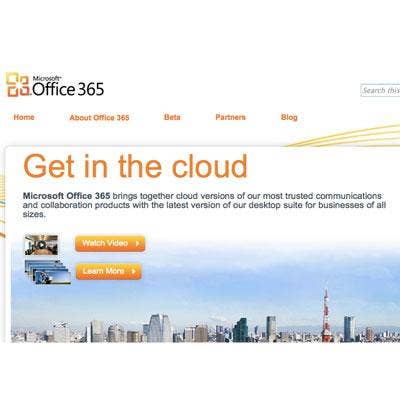
MS Office 365 Outlook.com
Microsoft's Web-based email service, part of the Office 365 suite, is the second-most-popular Web mail platform in the enterprise after Gmail. Office 365's flavor of Outlook (slightly different from the version descending from Hotmail that was part of Windows Live) is essentially a hosted Exchange server. It's the eighth-most-popular cloud app in the enterprise, according to Netskope.
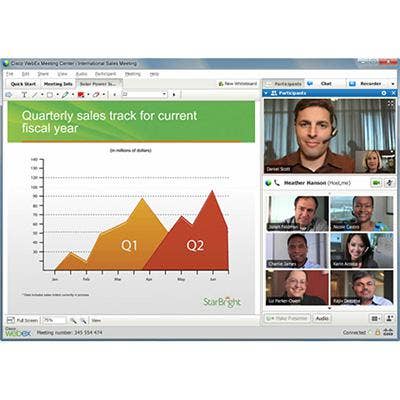
WebEx
Cisco's Web-conferencing and collaboration platform has been refreshed over the past year, and it's the most popular software being used in the enterprise for conducting virtual meetings and presentations, according to the traffic monitored by Netskope.

Hiring and workforce dynamics are drastically changing, and no tool is more influential in shaping that new employee-employer landscape than LinkedIn. The service has become an essential tool of HR departments, and trails only Facebook and Twitter in social chops.
Whether businesses are using LinkedIn to attend to their workforce or employees are surreptitiously using it to look for other jobs -- that's a question Netskope can't answer.
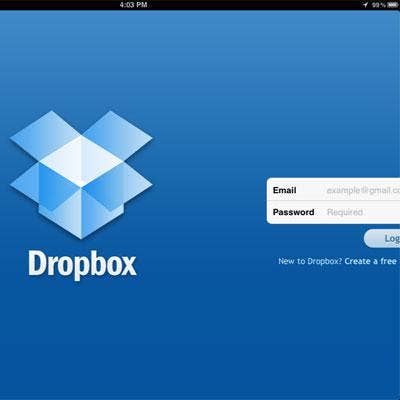
Dropbox
For a long time the question was: Is Dropbox enterprise-ready?
As it's the most commonly used storage solution behind Google and Apple products, big businesses had better hope so.
For corporate-sanctioned use cases, the file-sharing and synchronization service offers Dropbox For Business. But regardless of company protocols for saving documents in the cloud, Dropbox has become a mainstay across the enterprise landscape, the Netskope report makes clear.
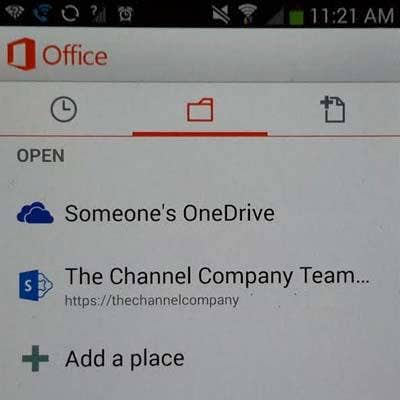
Microsoft OneDrive
Microsoft's cloud-based storage solution comes in just behind Dropbox in popularity behind the enterprise firewall, according to Netskope.
Born as SkyDrive, the cloud storage, file-hosting solution is an essential component of the product line that was, until recently, branded as Windows Live.

Salesforce
The customer relationship management leader rode a strategy of cloud-based software (or No Software) into the stratosphere, and its various clouds for sales agents, marketers and corporate strategists are ubiquitous across business departments.
Salesforce's diverse set of Sales Force Automation tools is the 13th most common application Netskope sees being run by its enterprise clients. And unlike some apps higher on the list, they're probably not being used by idle workers killing time.
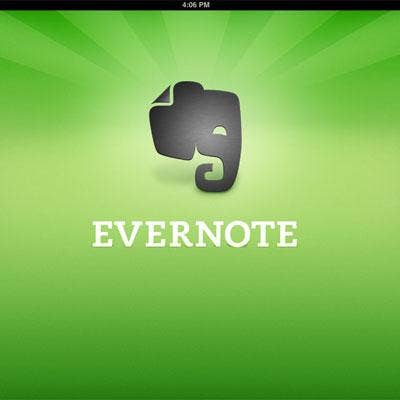
Evernote
The note-taking and archiving software does everything from memorializing hand-scrawled reminder notes to collecting voice memos and screen captures and clipping snippets of text from the Web. It's the second-most-common productivity tool Netskope sees running behind the enterprise firewall.
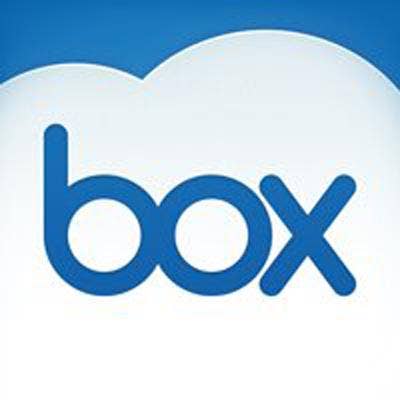
Box
While not as ubiquitous as Dropbox, Box from the outset aimed more directly than its main competitor at the business market with its online storage and file-collaboration tools. Box offers an "Enterprise" account that allows businesses to brand the service. And the storage solution integrates nicely with leading business management systems. It also offers an API for deeper integration.
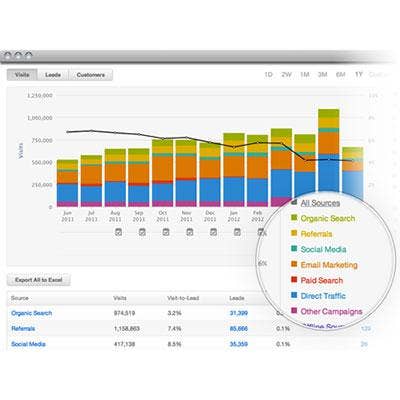
HubSpot
Marketing applications are getting hotter and hotter. Hubspot's approach to "inbound marketing" seems to be proving a winner.
Based on the traffic Netskope sees emerging from behind its customers' corporate firewalls, HubSpot is the most widely adopted cloud-based marketing app in the enterprise.
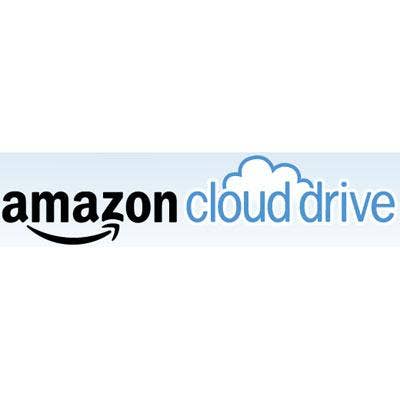
Amazon Cloud Drive
The public cloud leader's consumer storage solution isn't being accessed from within enterprise environments nearly as much as those from heated rivals like Google and Microsoft, as well as pure plays like Box and Dropbox.
Cloud Drive started as somewhat of a music storage service, with a bundled streaming player. Amazon has broadened the product's focus, and now offers plans like one that allows for unlimited storage of photos.
Cloud Drive's late placement on this list simply means it's not being improperly used for business purposes -- at least not to the extent of some other consumer storage rivals. It's doubtful anyone in Seattle is concerned.
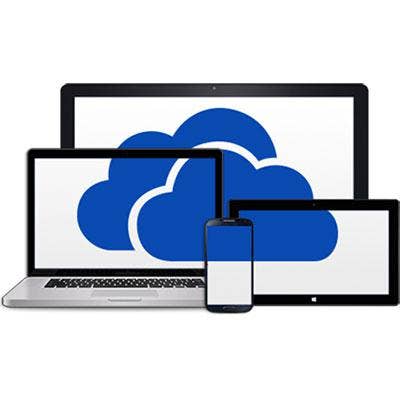
MS OneDrive for Business
Microsoft's OneDrive for Business offers the OneDrive storage solution that appeared a few slots higher on this list as a service to be managed by the enterprise. Corporate administrators control what employees can do in the library.
The fact that the free, personal version of the product is being used more extensively in enterprise settings than the business version says a lot about the nature of cloud-based apps being used in the workplace.
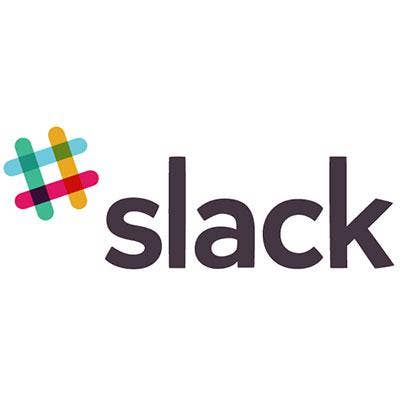
Slack
The collaboration tool for managing conversations and projects hasn't been on the market a year yet, but strong growth has allowed it to crack the top 20 of Netskope's list.
Slack offers a clean, organized interface for employees to exchange messages, share documents and just shoot the breeze.
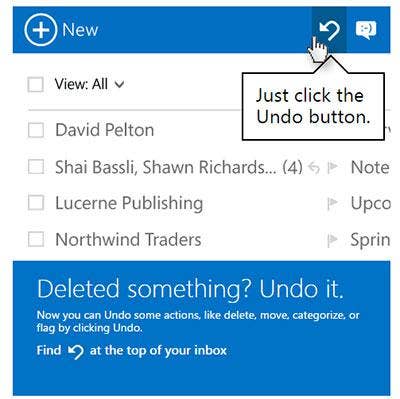
MS Live Outlook.com
This is the version of the Web-based email service that descended from the original Hotmail platform Microsoft acquired back in the 1990s and morphed into a Web-based cousin of its popular mail client.